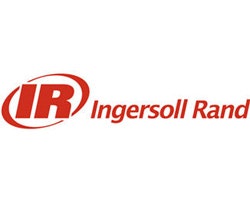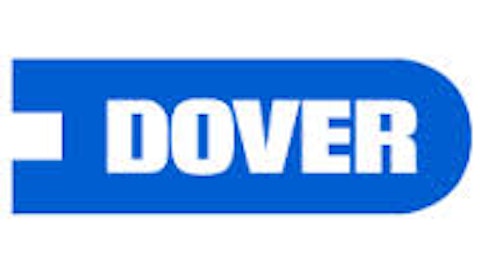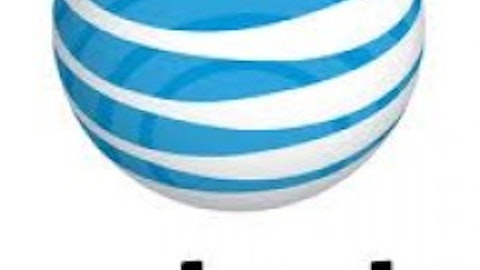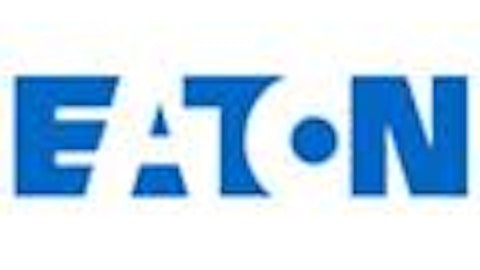In late July, we had reported on an insider purchase at $18 billion market cap machinery company Ingersoll-Rand PLC (NYSE:IR), which may be best known for its residential and industrial climate control systems. Now a Form 4 filed with the SEC has disclosed that a Board member, John Surma, directly purchased 1,000 shares of stock on August 1st at an average price of $61.99 per share. Our research has shown that stocks bought by multiple insiders within a short period of time tend to outperform the market on average (read our analysis of studies on consensus insider purchases). We think that this is because insiders have an incentive to diversify their wealth rather than add to company-specific risk; in order to buy shares, then, their confidence in the stock has to be strong enough to overcome this incentive.

Surma had not directly purchased any shares of Ingersoll-Rand PLC (NYSE:IR) recently. However, Gary Forsee- the insider who had been buying in late July- has made a couple good moves in the past couple years. He bought 2,500 shares in mid August 2011, when the stock was trading at $28.25- note that the stock has more than doubled in that time- and another 3,000 shares about a year ago at prices close to $45. See a history of Forsee’s insider trading activity.
In addition to insider trading activity, Insider Monkey tracks quarterly 13F filings from hundreds of hedge funds and other notable investors. These filings can be useful in developing investment strategies (for example, we’ve discovered that the most popular small cap stocks among hedge funds outperform the S&P 500 by an average of 18 percentage points per year) and for researching hedge fund positions over time.
According to our database, billionaire activist investor Nelson Peltz’s Trian Partners has owned about 13 million shares of the stock since the second quarter of 2012 (find Peltz’s favorite stocks). In reaction to Peltz’s move, Ingersoll-Rand PLC (NYSE:IR) had announced a spinout of some of its assets into a pure play home security and security technologies business. It is sometimes thought that spinouts help the management of the parent company become more focused on core operations, improving profitability. D.E. Shaw, managed by billionaire D.E. Shaw, was another hedge fund with a large stake in Ingersoll-Rand PLC (NYSE:IR) at the end of Q1 (check out D.E. Shaw’s stock picks).
Revenue was up slightly at Ingersoll-Rand PLC (NYSE:IR) last quarter compared to the second quarter of 2012, but with costs higher as well pretax income was flat (reported earnings numbers were down compared to the prior year period on a higher effective tax rate).
Cash flow from operations, however, has been up so far this year. About a third of CFO has been used on capex, with the company borrowing in order to help fund significant share repurchases. The stock is valued at 20 times trailing earnings; markets seem to be pricing in further buybacks, as well as an increase in earnings growth.
Peers for Ingersoll-Rand PLC (NYSE:IR) include Johnson Controls Inc (NYSE:JCI), General Electric Company (NYSE:GE), Eaton Corporation, PLC Ordinary Shares (NYSE:ETN), and United Technologies Corporation (NYSE:UTX). Johnson is valued at 27 times its trailing earnings, though that seems to be in part due to temporary setbacks at the company and Wall Street analysts are forecasting enough improvement in the next fiscal year that the forward P/E is only 13 (a slight discount in that basis to Ingersoll-Rand, which trades at 15 times forward earnings estimates). The other three peers are valued at trailing P/Es in the 16-20 range. The sell-side expects high EPS growth at GE and Eaton. While Eaton has done well recently, GE’s financial results were about flat in the second quarter of 2013 versus a year earlier.
The consensus insider purchases at Ingersoll-Rand are interesting, although at least on the surface there seems to be little reason to prefer the company to its peers. The business does produce plenty of cash flow which can be returned to shareholders, but we consider buybacks to be a more useful factor when they are supplementing existing increases in earnings. With pretax income showing little change recently we are not yet persuaded that the stock is a buy at its current earnings multiples.
Disclosure: I own no shares of any stocks mentioned in this article.





